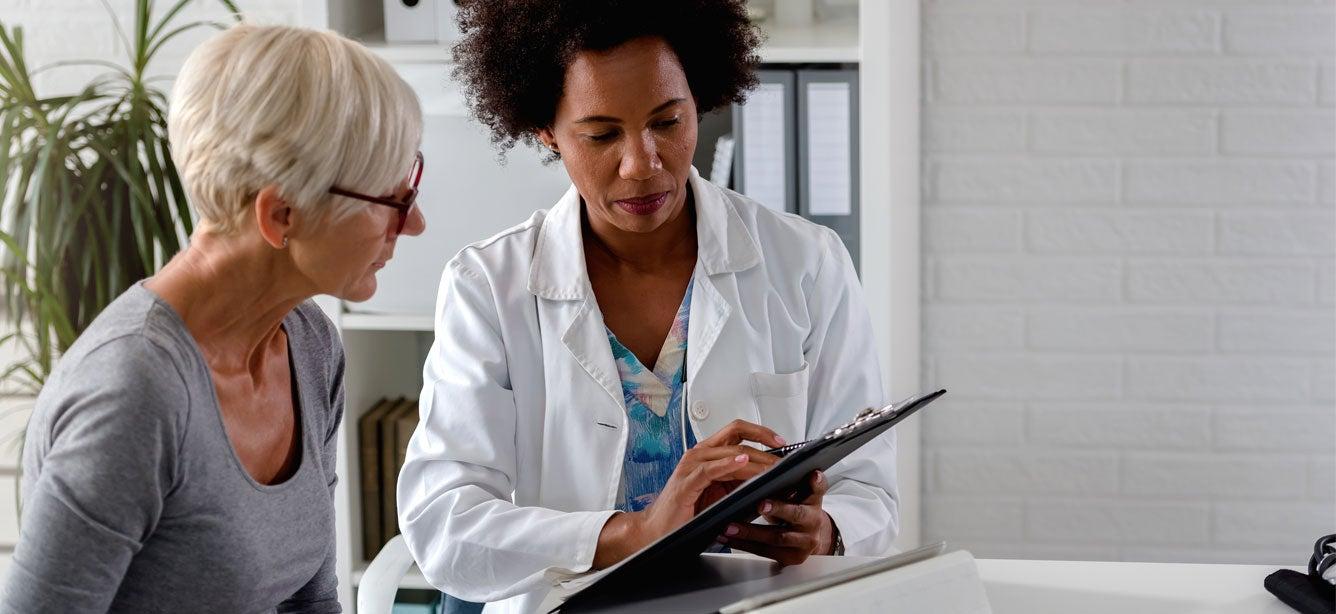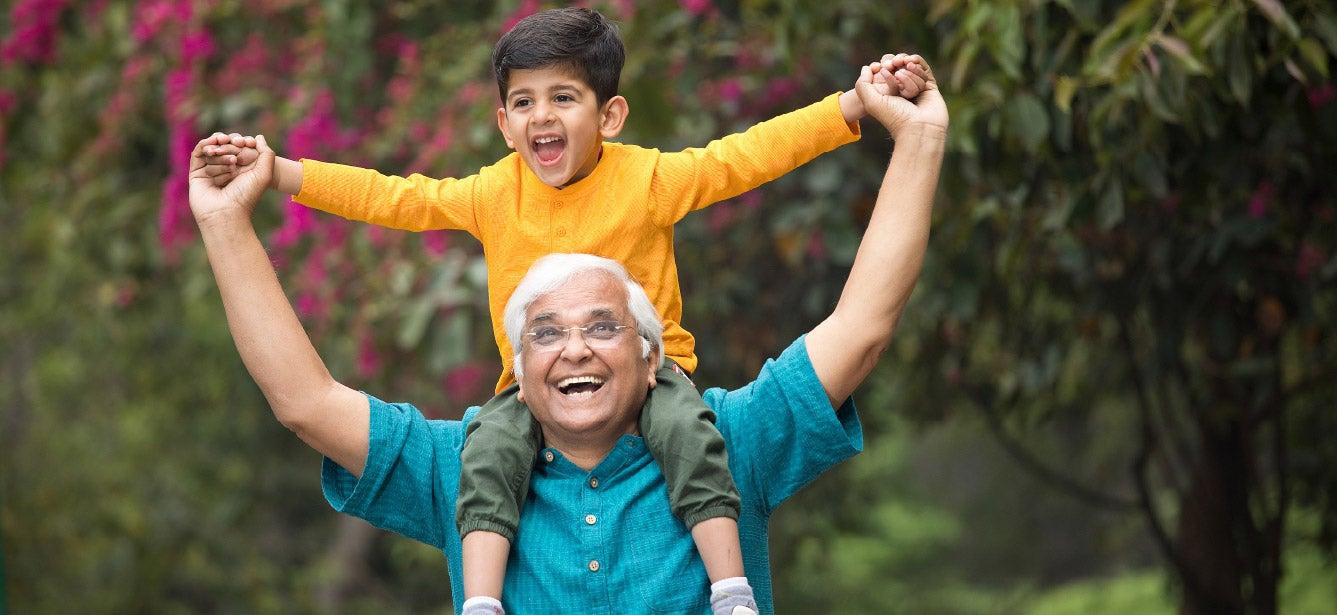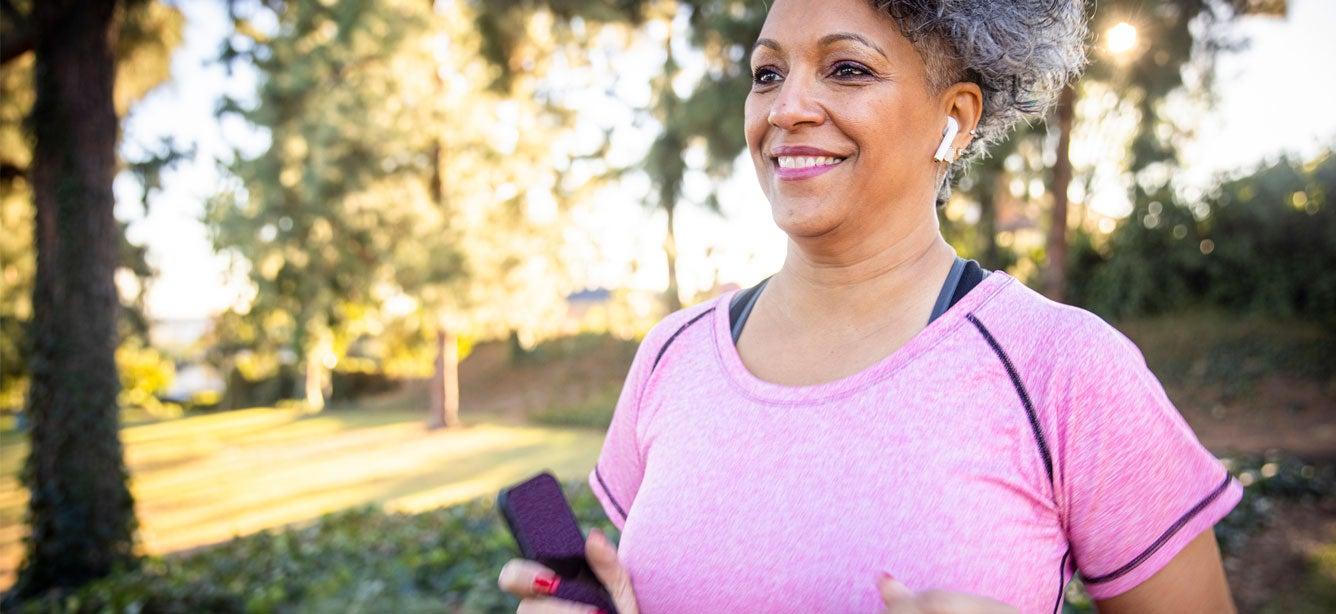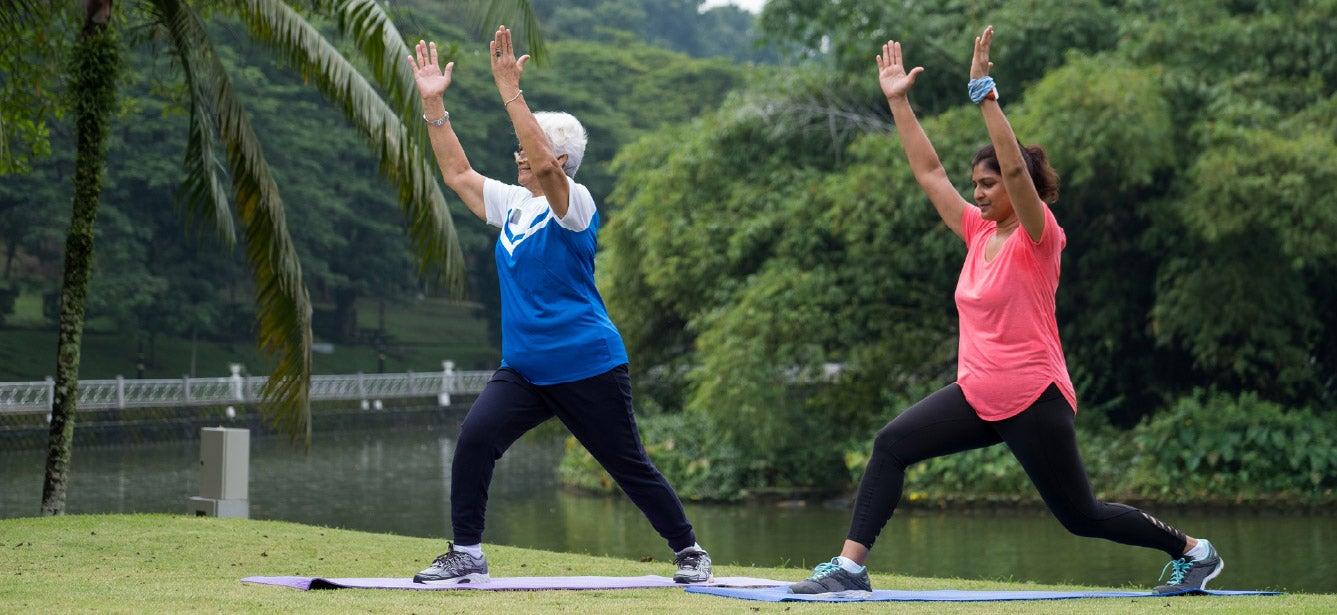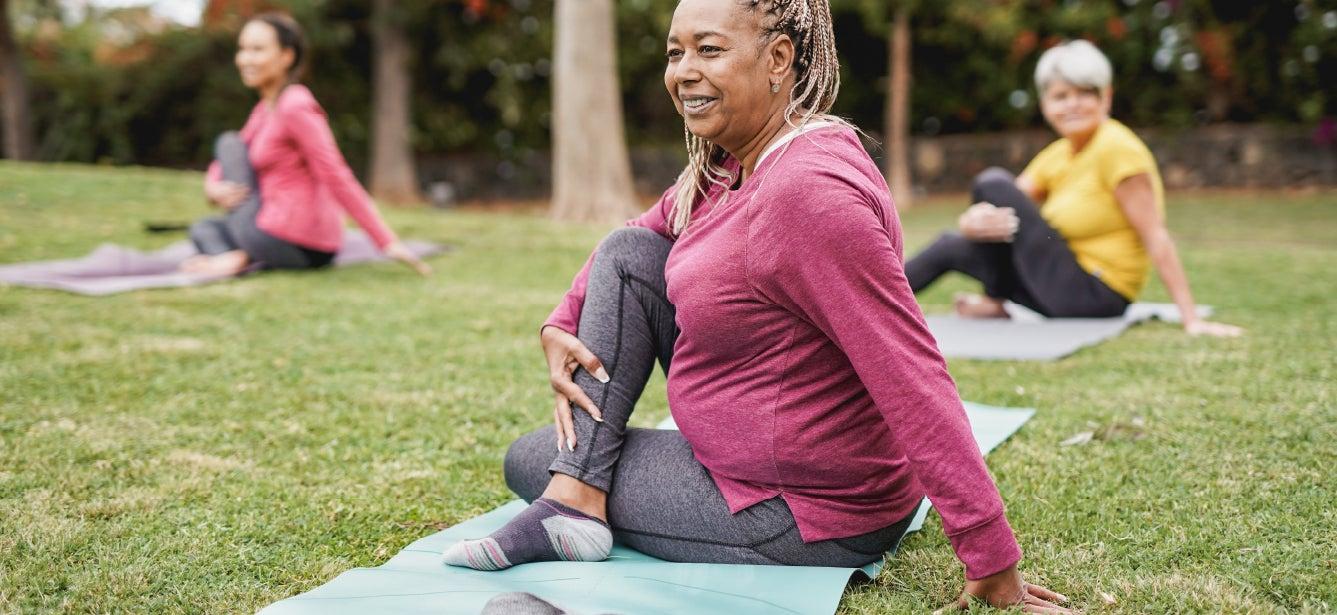
Related Topics
Your treadmill may not be a time machine, but research shows that regular exercise can help slow the body’s aging process.
“Exercise is the closest thing we’ve found to a magic pill for combating the effects of aging,” says Dr. Linda Fried, dean of Columbia University's Mailman School of Public Health, in an interview with Columbia Magazine.
That’s because it works on every physiological system and keeps your entire body fine-tuned. It even stimulates your brain and helps to prevent cognitive decline.”
What are the benefits of exercise and how does it impact aging?
The benefits of exercise in preventing or managing chronic conditions that can influence longevity are well-documented. But researchers have found that it goes much further than that. Here is some of what they have discovered about aging and exercise so far:
- Exercise bolsters immunity
In a study of adults ages 55-79 with longstanding exercise routines, researchers at the U.K.’s King’s College London and University of Birmingham found they had the immune systems of much younger adults. All the participants were recreational cyclists.
“An organ called the thymus, which makes immune cells called T cells, starts to shrink from the age of 20 and makes less T cells. In this study, however, the cyclists’ thymuses were making as many T cells as those of a younger person,” a University of Birmingham media release reports.
Studies show that aging can diminish the body’s immune response, making older adults more vulnerable to respiratory infections and other diseases. So, for these cyclists and others who engage in high-intensity workouts, this is hopeful aging and exercise news.
- Exercise slows ‘biological clock’
After examining data from more than 5,800 adults ages 20-84, a Brigham Young University exercise science professor discovered that adults who ran a minimum of 30-40 minutes, five days a week, had an almost nine-year “biological aging advantage.” That advantage is tied to something called telomeres.
“Telomeres are the nucleotide endcaps of our chromosomes,” explains a BYU news report on Professor Larry Tucker’s research. “They’re like our biological clock and they’re extremely correlated with age; each time a cell replicates, we lose a tiny bit of the endcaps. Therefore, the older we get, the shorter our telomeres.”
The high-octane exercisers had “significantly longer” telomeres than sedentary adults, conferring that almost nine-year biologic advantage. They had a seven-year advantage over adults who were moderately active.
“We know that regular physical activity helps to reduce mortality and prolong life, and now we know part of that advantage may be due to the preservation of telomeres,” says Tucker, whose research was published in Preventive Medicine,2 in the release.
- Exercise keeps brains young
“Better mood, better energy, better memory, better attention.” That’s what neuroscientist and author Wendy Suzuki experienced after becoming a regular at the gym. In her TEDWomen talk, The Brain-Changing Benefits of Exercise, Suzuki calls exercise “the most transformative thing you can do for your brain today.”
But what about aging? Can exercise delay aging in the brain? Research suggests not only that it can, but that moderate to intense exercise may slow aging by 10 years.2
A study of 876 people with an average age of 71 showed that over time, participants who exercised minimally, or not at all, experienced a greater mental decline than those who engaged in moderate or intense workouts.
The American Academy of Neurology writes: “When looking at people who had no signs of memory and thinking problems at the start of the study, researchers found that those reporting low activity levels showed a greater decline over five years compared to those with high activity levels on tests of how fast they could perform simple tasks and how many words they could remember from a list. The difference was equal to that of 10 years of aging.”
How to enjoy (and reap) the benefits of exercise while aging
While much of the research into aging and exercise focuses on adults with long-term fitness habits, experts say it’s never too late to reap the benefits of physical fitness.
“Aging is a physiological process that can be influenced for the better (delaying it) or worse (accelerating it),” write the authors of the research study Anti-Aging Through Fitness Enhancement. “The most recent scientific evidence shows that regularly and appropriately practiced physical exercise, in order to improve physical fitness, is currently the best way to delay or even prevent the consequences of aging. Such exercise always brings benefits, irrespective of the age, sex, health, or the physical condition of the person who undertakes it.”3
What is the best exercise for aging? Want to learn more about exercise for older adults? Check out The Life-Changing Benefits of Exercise After 60 to learn about recommended workouts and evidence-based exercise programs that are suited to all ability levels. If you’re just starting a fitness routine, or thinking about taking your workouts in a new direction, be sure to talk with your doctor about what’s appropriate for you.
You can also find exercise tips and helpful information on maximizing your physical and mental health at our Health for Older Adults information hub.
Sources
1. Larry A. Tucker. Physical activity and telomere lenth in U.S. men and women: An NHANES investigation. Prev Med. 2017. Found on the internet at https://www.sciencedirect.com/science/article/abs/pii/S0091743517301470
2. American Academy of Neurology. Exercise May Slow Brain Aging by 10 Years for Older People. March 23, 2016. Found on the internet at: https://www.aan.com/PressRoom/Home/PressRelease/1447
3. Castillo-Garzón MJ, Ruiz JR, Ortega FB, Gutiérrez A. Anti-aging therapy through fitness enhancement. Clin Interv Aging. 2006. Found on the internet at https://www.ncbi.nlm.nih.gov/pmc/articles/PMC2695180/
